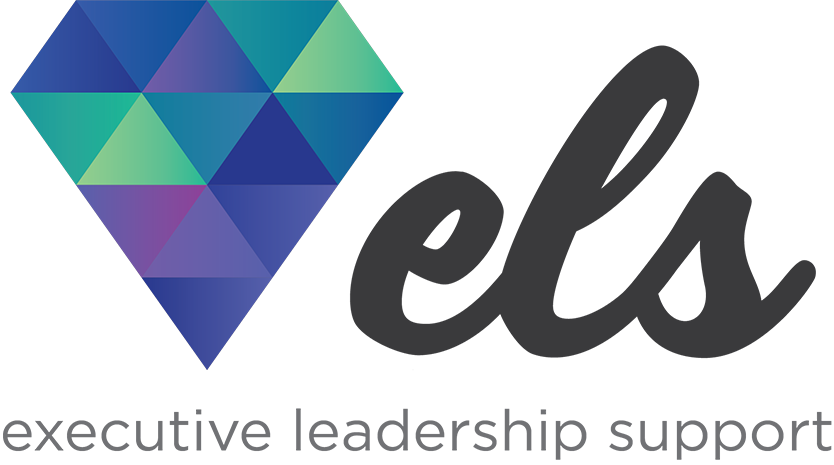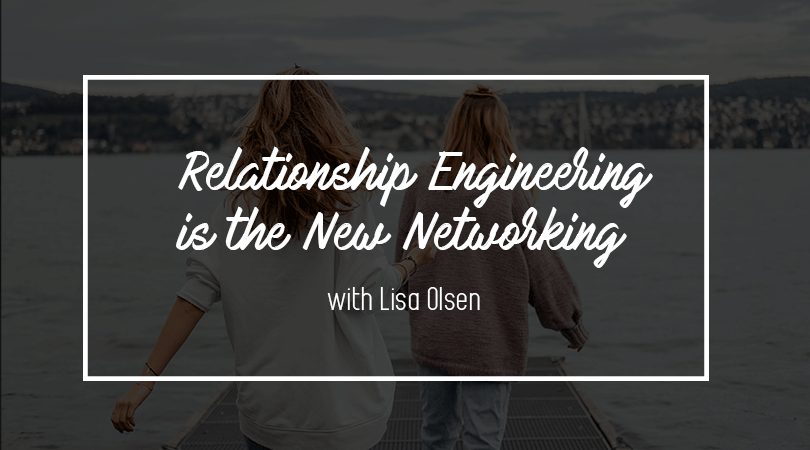Relationship Engineering is the New Networking
How professional development helps you build relationships that advance your career
Networking is sooo 2006. Today, there are infinite ways executive assistants can develop relationships, whether externally (fire up that social media feed!) or internally across teams. To help us boost our connector confidence, we called on Lisa Olsen, CEO of Admin to Admin, a training and consulting company specializing in administrative support. Lisa let us in on her industry insights, which got us feeling ready to hit the professional development circuit and start making friends! Read on to see what she shared with us, the mindset every EAs should adopt and the one major networking opportunity you’re not taking advantage of.
You consider professional development to be an extension of the EA job description. Can you expand on that?
Every assistant should embrace a mindset of continuous learning. There are many avenues and resources available to do that. One of the interview questions I always ask candidates applying for positions on my team is, “Tell me what you have done in the last 30 days to focus on your professional development.” If they struggle to answer that, or tell me their current boss doesn’t allow them to go, that tells me they depend on someone else to provide those opportunities. Taking initiative as an assistant includes taking ownership and accountability for personal and professional development.
Why is professional development so necessary to achieve executive assistant greatness?
Professional development is a journey and there are many ways to learn and grow. Jim Collins, leadership expert and author of Good to Great, says that the formula for Level 5 leadership is will and humility. This applies to assistants as well. If we want to be seen as effective leaders, we must realize that we don’t know everything, and be open to learning from and sharing knowledge with others. Many assistants don’t know how many valuable resources there are now for professional development. There is something for every level of experience and every assistant, whether new to the career or seasoned and experienced, should recognize and embrace opportunities for professional development. For more seasoned EAs who feel their toolbox is full, they might consider going back to school, attending a leadership-focused conference or sharing their expertise as a panel member at a conference, which is a great way to contribute to not only their own professional development, but those who would gain from hearing it.
What are some of the best professional development resources for executive assistants?
There are many ways to stay relevant and develop skills. There are free webinars and podcasts offered by many top trainers. Job shadowing or interviewing other EAs is also a great way to gain new skills. Social media groups have cropped up where assistants can get answers to questions, gain new ideas and best practices and share networking opportunities. Building a habit of reading the latest books and articles on workplace habits and leadership is an essential element of continuous learning. Taking a class at a local college either online or on campus is another option, as well as online learning platforms that offer courses on both interpersonal and technical subjects. And, of course, the ELS model of bringing local EAs to participate on the agenda as well as the professional trainers and speakers focusing on trending topics provides a unique perspective and curriculum.
What relationship-development opportunities are executive assistants overlooking?
There are opportunities to make connections every day wherever we are, whether we are in need of job prospects or simply want to expand our circle of influence. I think the idea of networking has morphed into what some consider a very formal process! In reality, simply focusing on building relationships is the core of networking. Often times, I have found that executive assistants focus on external networking, which is important. However, they haven’t built a strong network within their own companies. The place to start is with the people you work with everyday, building strong working relationships and being what I call a “relationship engineer.”
What are your favorite relationship engineering tricks? We’re dying to know.
I am not a big fan of the word “networking” – I prefer the word “connection,” which takes the fear away and invites conversation. Networking is about connecting. It’s that simple. Internally and externally, the goal should be to understand the why – to have a resource of people for help in any number of ways (job leads, client prospects, job references, problem solving, information gathering, etc.). Relax and enjoy yourself! You don’t have to talk to everyone in the room. Be yourself and practice Dale Carnegie’s advice: Focus on other people, not just talking about yourself. Ask open-ended questions that invite conversation. And always wear a “What’s It” (from the book, How to Talk to Anyone by Leil Lowndes). Wear a unique lapel pin, piece of jewelry, scarf or anything that might spark another person to ask a question about it. That is an easy way to get the conversation going.
You consult for many executives at Admin to Admin. What do they want in an executive assistant today?
The corporate world is constantly changing and executives are under a lot of pressure to keep companies thriving and financially solid. Strategic initiatives are in flux and, of course, the world of AI is a constant concern for this [EA] career. The role of the executive assistant is still vital, critical and important. Executives tell us they need assistants who are composed, have high levels of business acumen, are able to critically think through situations, can use good judgment and exercise discretion and diplomacy. Of course, not all execs know how to efficiently use an assistant, so the advice I give to assistants is to be self-aware and use those high-level skills to build a partnership. Step into the executive mindset and think like your executive. Read what your executive reads, and practice concise and clear communication. Understand what is involved in having professional presence and leadership influence. Assistants must understand the higher skill of emotional resilience and agility. There are many levels of being an assistant so assistants need to have enough self-awareness to know where their skills are best suited. If an assistant who enjoys being more tasked focused wants to step into a broader, more strategic position supporting high-level executives, he/she must be willing to put in the work and time to acquire the skills and qualities needed to be successful in a more complex role.
Now that you’re in the know, practice your relationship engineering at one of our ELS Forums! Check out our upcoming events here. We’d love to see you there!



